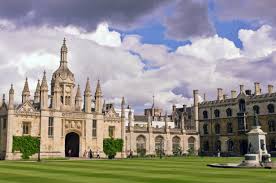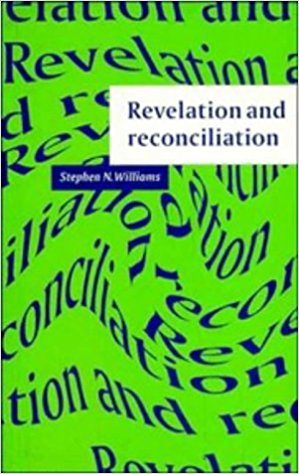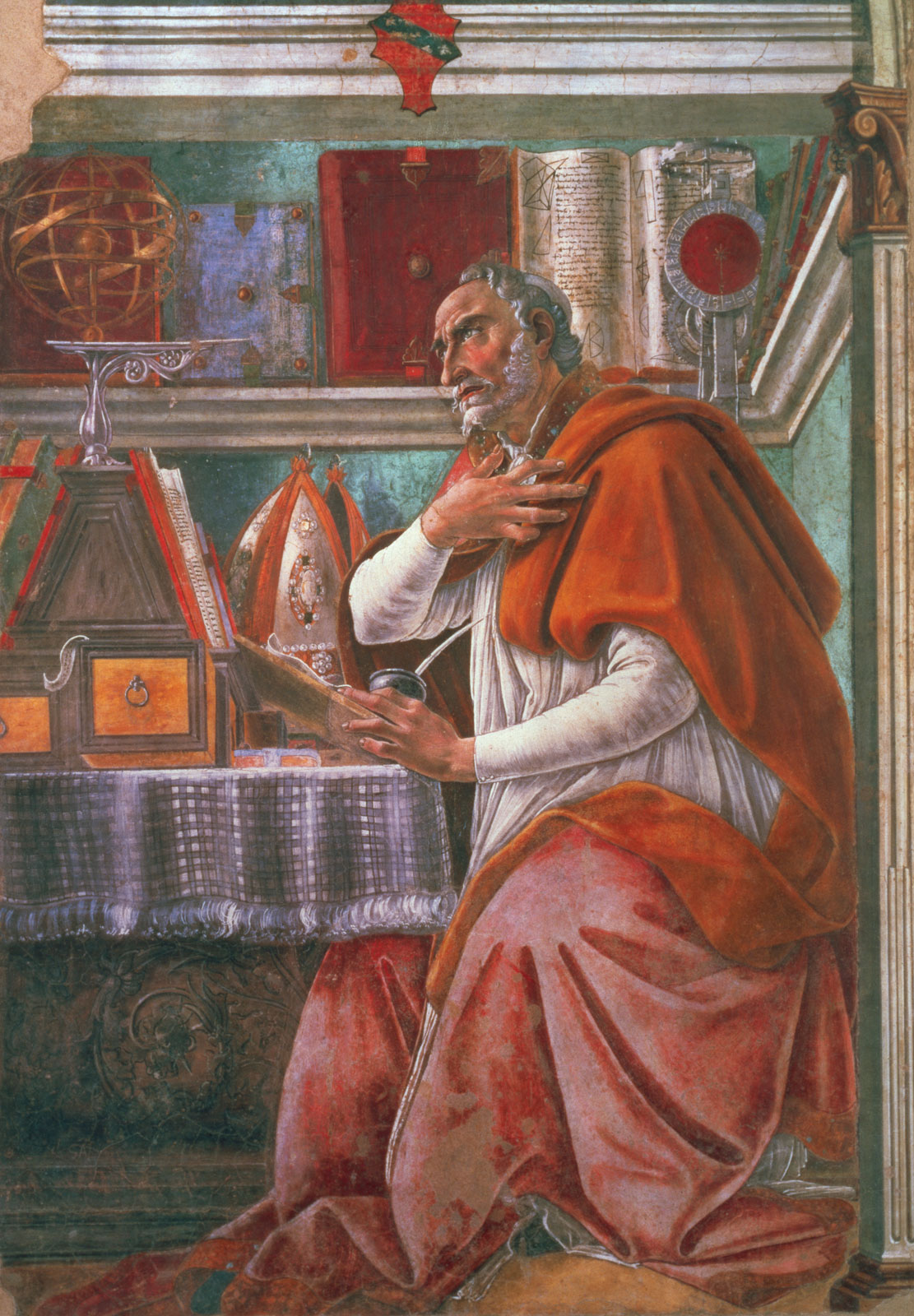
Revolution and the Recovery of True Education

I suppose like many persons, I have been saddened by seeing the events of late happening at places like Middlebury and Evergreen State College. But if these events surprise or shock you, they should not. We have been living in a revolutionary age for a long time. Hence we should not be surprised when revolutionaries act like revolutionaries. I am sitting in Cambridge, England as I write this. My mind goes to C.S. Lewis' The Abolition of Man, where he famously wrote:
And all the time—such is the tragi-comedy of our situation—we continue to clamour for those very qualities we are rendering impossible. You can hardly open a periodical without coming across the statement that what our civilization needs is more ‘drive’, or dynamism, or self-sacrifice, or ‘creativity’. In a sort of ghastly simplicity we remove the organ and demand the function. We make men without chests and expect of them virtue and enterprise. We laugh at honour and are shocked to find traitors in our midst. We castrate and bid the geldings be fruitful.
I reflected on this classic book a few years ago when there was violent mob activity in England. My reflections are here. The events at Evergreen State, where students effectively "occupied" a small liberal arts college in the state of Washington is striking, if not surprising. One of the most telling things I read is where--when students apparently interrupted a faculty meeting--one of the students said (and I paraphrase): "Are not we doing simply what you have been teaching us to do?" That is: Is not our engagement in the use of force, the breaking of campus rules, and indeed the breaking of law simply an act of faithfulness to how you have shaped and taught us?
Indeed, we make men without chests and expect of them virtue and enterprise.
I am also reminded of what T.S. Eliot said in his classic work, Notes Toward the Definition of Culture. One of the most striking things he argues, in reflecting on his own British culture, is that he is skeptical whether his home country has the intellectual, cultural, indeed religious convictions in place to mount any sort of meaningful resistance to the secularism and barbarism of his day. That is, Eliot was pessimistic. He was pessimistic because he saw--rightly in my view--that the essential issue was ultimately religious. He might not have said it in exactly the following way, but he saw that the struggle was ultimately one of a religious nature. Secularism is and was an ultimately religious set of convictions parading as a "neutral" set of convictions than any rational person could affirm. The Enlightenment again rears its ugly head.
I think the only way to really make sense of our current set of revolutionaries is to grasp that they are driven by an ultimately religious fervor. They are passionately engaged in a kind of holy war against any substantive disagreement with their religious viewpoint. Various conservatives fail--on my reading--to grasp the effectively religious passion and commitment of these contemporary revolutionaries.
And this is a pattern we see often throughout history. During the French Revolution, many of the revolutionaries intentionally used religious symbols (e.g., baptism, Lord's supper), but re-worked them in profane and non-Christian ways. During and after the War Between the States, Lincoln was interpreted in Messianic terms, as a "redeemer" (see here). Having recently visited Nuremberg, Germany, as well as Auschwitz, would any person deny today that Hitler was "worshipped" by many in a perverse way? (Here for a great book on the history of revolutions).
But back to Evergreen State . . . .
As I sit here and study in Cambridge, I am preparing some lectures on Reformation Church History. In preparing a lecture on the background of the Reformation, I have been reading Marcia L. Colish, Medieval Foundations of the Western Intellectual Tradition. In her chapter on the rise of the universities, I was struck by the contrast between (1) educational practice in the medieval university, and (2) our current revolutionaries like Middlebury and Evergreen State. Here is what Colish writes about "disputations" in the medieval university:
Sometimes the disputant would agree to take on any equations that his opponents might care to raise, without prior notice of what they might be, resulting in questions quodlibetales, or questions 'on whatever you want.' Either way, the disputant entertained objections from colleagues who opposed his view. Then, after a brief statement of his own position, he sought to refute each objection in turn, by showing that it was irrelevant or illogically framed, or that it invoked authorities inappositely, or both. The same structure of argument is found in the summer or systematic works of hight medieval scholastics, although the tendency to combine debated questions into a synthetic whole is more typical of thinkers in the twelfth and thirteenth centuries than in the fourteenth century.
Intriguing. There was debate, discussion, points made then counter-points. Folks argued, and criticized. There was a type of order and opportunity for real dicussion. What I suspect students at Middlebury and Evergreen State simply do not know is that they have in effect ceased to be liberal arts colleges in any historically significant or meaningful sense. I suspect they may continue to exist in some form. But what they most certainly are not are liberal arts colleges.
They are rather men without chests, and we should not expect virtue of them.
- Details
- Written by Brad Green Brad Green
- Category: Recommended Reading Recommended Reading
- Published: 02 June 2017 02 June 2017
- Hits: 4708 4708
Stephen Williams on Revelation and Reconciliation

I was helped immensely a number of years ago by Stephen N. Williams' book, Revelation and Reconciliation. It is a real gem. These quotations leaped out and grabbed me:
"Western atheism may be understood as a spiritual movement of the soul as well as intellectual movement of the mind." (p. 8)
"The theology of the Reformers themselves consistently reminds us that the biblical drama is about the tragedy of a world alienated and loved in spiritual rebellion, root of our cognitive dysfunction." (p. 173)
- Details
- Written by Brad Green Brad Green
- Category: Recommended Reading Recommended Reading
- Published: 11 May 2017 11 May 2017
- Hits: 3051 3051
Augustine on Creation and Genesis

I have recently wrote a piece for The Creation Project, an initiative at Trinity Evangelical Divinity School. I wrote this piece on Augustine's interpretation of Genesis. Thanks to TEDS for the opportunity.
The piece can be found here.
- Details
- Written by Brad Green Brad Green
- Category: Recommended Reading Recommended Reading
- Published: 10 May 2017 10 May 2017
- Hits: 3469 3469
On Reading . . .
Here is a simple piece I put together, to encourage my students to read, read, read:
On Reading
Brad Green
I thought it might be helpful to spend one class period talking about reading: what is reading, why read, what to read, when to read, etc. Here are some various thoughts on reading.
1. It is often said that the main thing which marks us as we age is the books we read. That is, the biggest factor between who you are today, and who you are in five years is what you have read in that time. This may be a bit exaggerated, but it captures a truth—we are shaped in very significant ways by what we read.
2. Some basic background: Christianity is by its nature a wordish and bookish faith. The second person of the Trinity is the Word. God creates by his Word. God calls us to faith by words. God sustains us in the faith by words. We respond to God in worship by words. You get the picture. Words are simply a part of the Christian DNA.
3. All persons are created in the image of God, and are made to know and understand God (I am bracketing the difficult cases of extreme brain damage, mental problems, etc.). While Christianity is not simply cerebral, it is not less than that. Part and parcel of the Christian faith is coming to understand God, and his ways, and his purposes. To understand God and his ways means—in part—to think. And that requires—almost always—some pretty significant dose of reading. In short, part and parcel of Christian discipleship is leaning, understanding—and this is going to mean reading and thinking. Get at it.
4. On the one hand I suggest reading indiscriminately—as C.S. Lewis described his own childhood of reading. But, as Lewis suggested in “On the Reading of Old Books,” there is wisdom in reading old books on a regular basis. Lewis suggests one old book then one contemporary book. But if that is too tough—try one old book for every three contemporary books. There is no substitute for reading old books. It simply gives you a perspective which is difficult to get otherwise.
5. Speaking of “old books” . . . you might look at the list in Mortimer Adler’s How to Read a Book. There are other such lists. If you try something, and it does not grab you, don’t feel bad about putting it down and picking something else up. But don’t be too easy on yourself—there is a time to push through simply so you can finish a classic you have wanted to read for a long time.
6. I would read different kinds of books: Theology, philosophy, history, novels, short stories, essays, biographies, etc. We will talk more about some of these below.
7. I would read a number of books at once. Perhaps you are the kind of person who needs to finish a book before you start the next one—fine. But allow yourself to read many books at once.
8. Theology: I would regularly be reading either a systematic theology, or a doctrinal treatise, or a classic piece of historical theology (e.g., Augustine’s City of God).
9. Novels: Novels are fun. Read them. Enjoy them. Find an author you like, and enjoy their writings . . . .
10. Have fun. Try not to lose the joy of reading. Have some authors you simply enjoy. Have a few guilty pleasures. In the 80’s to be cool we were supposed to like The Cure. But OMD was a lot more melodic and fun. Don’t worry if the hipsters don’t think an author is relevant, deep, etc. Who cares.
11. The essay: I would encourage you to read essays on some sort of regular basis. These might be from journals (First Things), or you might find an essayist/author who has published essays. These are often a bit more serious, dealing with a challenging moral, ethical issue. These take a bit more work, but that’s okay.
12. Try murder mysteries or science fiction. A lot of your life as a student is reading serious stuff. Try reading “outside” the normal academic stuff. Academics can often be boring, pretentious, pedantic, and arrogant. And often they do not write well. And often there is some wonderful material in these genres: G.K. Chesteron’s “Father Brown” mysteries are wonderful. The science fiction of Phillip K. Dick can be bizarre, but wonderful.
13. Pick up the occasional big picture “critique”/social theory/social criticism type book. Say a book trying to explain the last 500 years of Western thought (Jacques Barzun), or a classic critique of modernity like Richard Weaver’s Ideas Have Consequences, or something by Eric Voegelin (who thought modernity was guilty of the gnostic heresy).
14. I would suggest subscribing to some journals: First Things, Chronicles, etc. These have great essays, book reviews, etc.
15. I would find some “non-traditional” material to read. Try getting your news from places besides CNN, Fox, MSNBC, etc. Try getting your news from a broad array of sources.
- Details
- Written by Brad Green Brad Green
- Category: Recommended Reading Recommended Reading
- Published: 08 May 2017 08 May 2017
- Hits: 3857 3857